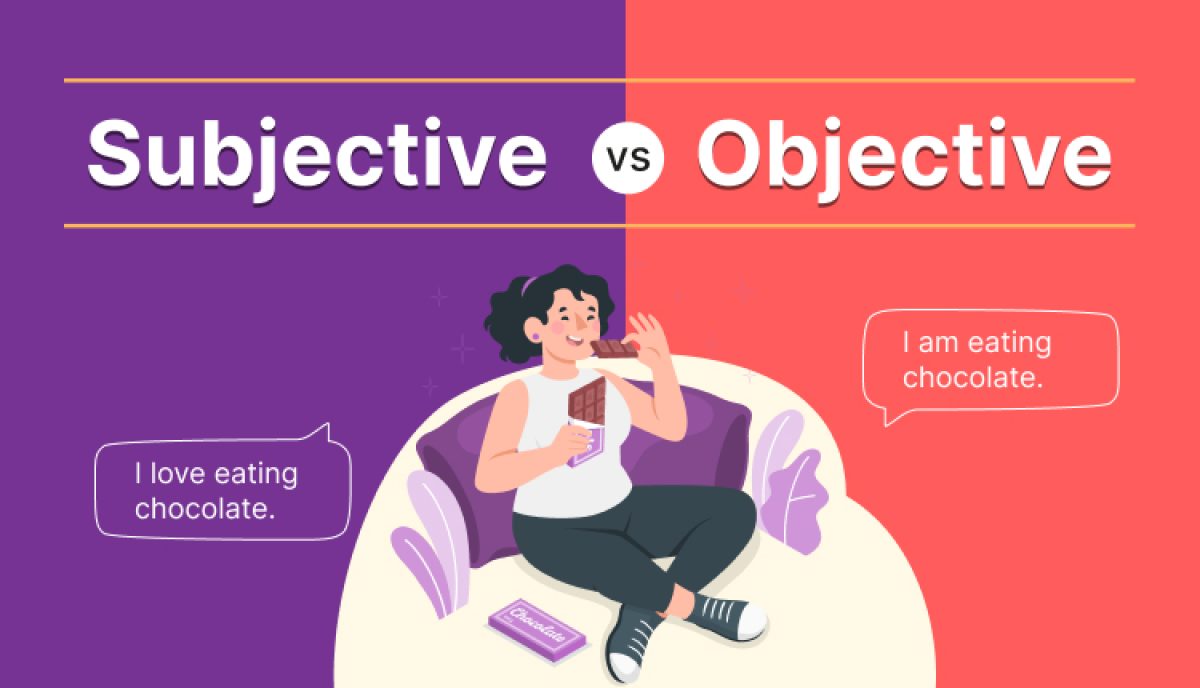blog
The Debate Over Objectivity vs. Subjectivity in Reporting
In the evolving landscape of journalism, one of the most enduring debates is the balance between objectivity and subjectivity in reporting. While objectivity has traditionally been heralded as the gold standard for journalism, the rise of subjective storytelling has gained traction in an era dominated by social media, opinion journalism, and polarized audiences. This article explores the history, merits, and criticisms of both approaches, shedding light on how they shape public discourse and the integrity of journalism.
Understanding Objectivity in Reporting
Definition of Objectivity
Objectivity in journalism refers to the impartial presentation of facts without bias, opinion, or personal interpretation. The goal of objective reporting is to inform the public by presenting all sides of an issue, allowing readers to draw their own conclusions.
Key characteristics of objective reporting include:
- Accuracy: Presenting verified and factual information.
- Neutrality: Avoiding personal or organizational bias.
- Balance: Representing multiple perspectives fairly.
- Transparency: Disclosing sources and methodologies used in reporting.
Historical Context
The concept of objectivity emerged in the late 19th and early 20th centuries as newspapers sought to professionalize journalism and distance themselves from the sensationalism and partisanship of “yellow journalism.” Objectivity became a cornerstone of ethical journalism, championed by organizations like the Associated Press (AP) and formalized in journalism codes of ethics worldwide.

The Rise of Subjectivity in Reporting
What is Subjectivity in Journalism?
Subjective reporting involves the inclusion of personal perspectives, emotions, or interpretations. Rather than merely presenting facts, subjective journalism seeks to:
- Provide context and analysis.
- Highlight the human impact of events.
- Advocate for particular viewpoints or causes.
Common forms of subjective reporting include opinion columns, investigative exposés, and feature stories that prioritize narrative and emotion.
Factors Driving Subjective Reporting
- The Digital Revolution: The internet and social media have democratized content creation, allowing more individuals and non-traditional outlets to share personal stories and opinions.
- Audience Demand: Modern audiences often seek stories that resonate emotionally or align with their values, driving demand for subjective storytelling.
- Advocacy Journalism: Many journalists and outlets use subjective reporting to champion social justice issues, giving a voice to marginalized communities.
Advantages of Objectivity in Reporting
1. Trust and Credibility
Objectivity fosters trust by ensuring that audiences receive unbiased and accurate information. A commitment to neutrality reduces perceptions of partisanship, enhancing the credibility of news organizations.
2. Informing the Public
By presenting balanced and factual information, objective reporting equips readers with the knowledge they need to make informed decisions on critical issues, from elections to public health crises.
3. Accountability
Objective journalism acts as a watchdog, holding power to account without being influenced by personal or organizational agendas. This is particularly vital in investigative reporting and fact-checking.
4. Minimizing Polarization
In an era of political and social polarization, objective reporting can bridge divides by providing a common ground of facts that all sides can agree upon.
Advantages of Subjectivity in Reporting
1. Humanizing Stories
Subjective reporting brings depth and emotion to news stories. By highlighting personal experiences and emotional narratives, it helps audiences connect with complex issues on a human level.
2. Advocacy and Social Change
Subjective journalism can be a powerful tool for advocacy. By taking a stance on critical issues, journalists can raise awareness, mobilize public opinion, and drive social change.
3. Context and Analysis
While objective reporting focuses on facts, subjective journalism provides context, interpretation, and expert insights. This helps audiences understand the “why” behind the “what.”
4. Engaging Audiences
Stories that include personal perspectives or emotional appeal often resonate more with readers, increasing engagement and retention.
Criticisms of Objectivity in Reporting
1. False Equivalence
Critics argue that objectivity can lead to “false equivalence,” where all perspectives are treated as equally valid, even when one side lacks evidence or credibility. For example, presenting climate change denial alongside scientific consensus can mislead audiences.
2. Lack of Transparency
Attempts to appear neutral may obscure the inherent biases of journalists or news organizations, undermining transparency and trust.
3. Oversimplification
Purely factual reporting can oversimplify complex issues, leaving audiences without the context or analysis needed to fully understand a topic.
Criticisms of Subjectivity in Reporting
1. Bias and Partisanship
Subjective reporting is often criticized for promoting bias, as it prioritizes personal or ideological perspectives over impartiality. This can erode trust and deepen societal divisions.
2. Misinformation Risks
When emotions or opinions overshadow facts, subjective reporting can contribute to the spread of misinformation or propaganda.
3. Undermining Credibility
News outlets that rely heavily on subjective reporting may struggle to maintain credibility, particularly among audiences who value neutrality and fact-based journalism.
The Blurred Line Between Objectivity and Subjectivity
In practice, the line between objective and subjective reporting is often blurred. Journalists make subjective decisions at every stage of the reporting process, from selecting sources to framing headlines. Additionally, modern media frequently blends objective reporting with commentary, creating hybrid formats like:
- Explainers: Factual reports that include context and analysis.
- Feature Stories: In-depth pieces that combine facts with narrative storytelling.
- Data Journalism: Visualizing facts while interpreting their implications.
The Role of Objectivity and Subjectivity in Today’s Media Landscape
Balancing Act
Many journalists and news organizations strive to balance objectivity and subjectivity. By combining factual reporting with thoughtful analysis or personal narratives, they aim to provide comprehensive and engaging content.
Media Literacy
In a world where objectivity and subjectivity coexist, media literacy is essential. Audiences must develop the skills to:
- Distinguish between fact and opinion.
- Identify biases in reporting.
- Evaluate the credibility of sources.
Transparency and Accountability
To maintain trust, news outlets should be transparent about their reporting practices. Clearly labeling opinion pieces, disclosing conflicts of interest, and adhering to ethical guidelines can help ensure accountability.
Conclusion
The debate over objectivity versus subjectivity in reporting reflects the broader challenges of modern journalism. Both approaches have unique strengths and weaknesses, and their effectiveness often depends on the context in which they are used. By embracing a thoughtful balance between factual accuracy and personal insight, journalists can continue to inform, engage, and inspire their audiences. Ultimately, the future of journalism lies in its ability to adapt to changing expectations while upholding the principles of integrity and truth.


